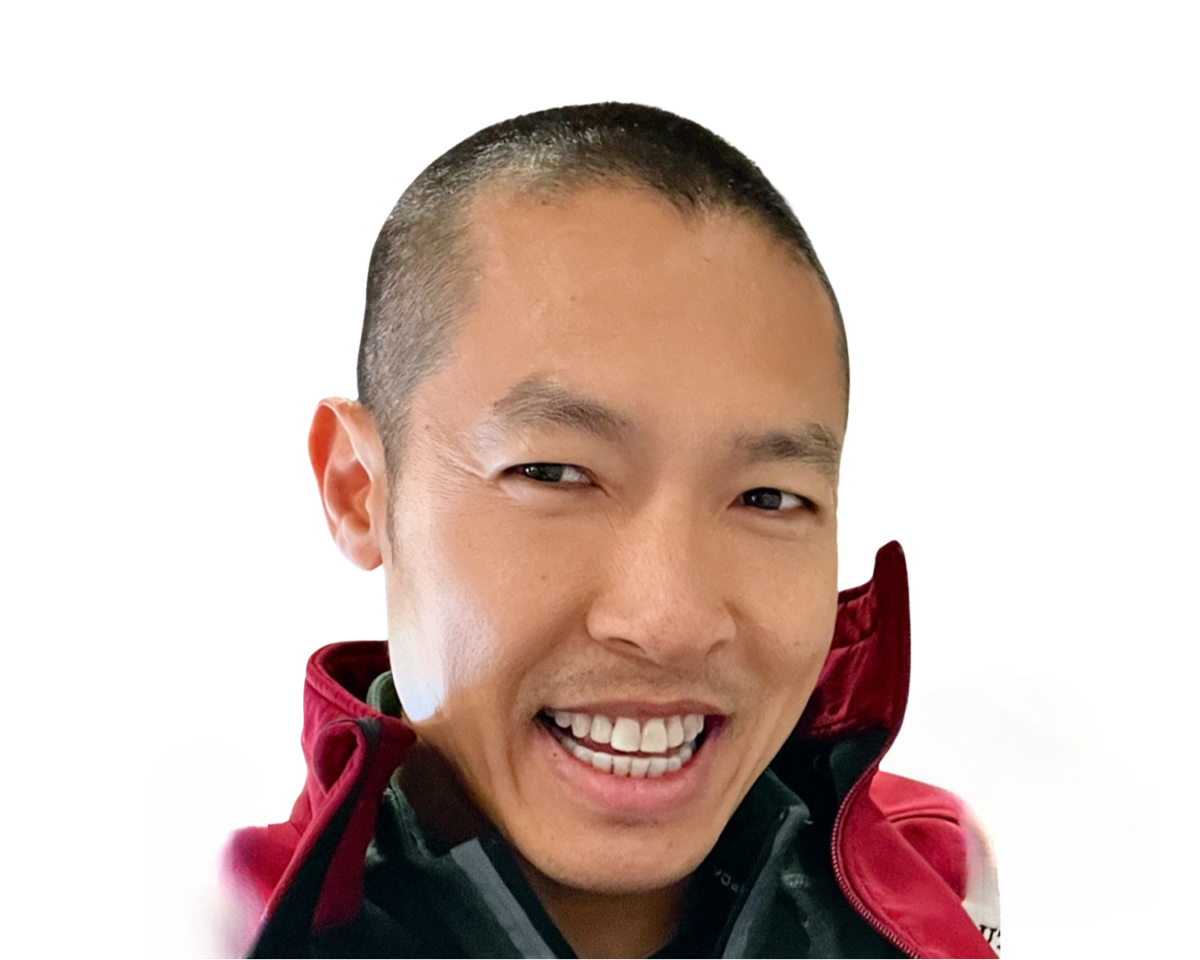At some point in our lives, we all find ourselves trapped in a rut, feeling “stuck.” Whether it’s in our personal relationships, our career, or a particular situation, this feeling can weigh heavily on our minds and hearts. But what if the very feeling of being “stuck” is not a result of a singular, insurmountable problem but a cumulative effect of smaller, stacked negatives?
Imagine a tower of blocks. Each block represents a minor issue or negative thought, and as they pile up, the structure becomes increasingly unstable. This tower is a visual representation of our mindset when we feel stuck. The weight of each negative thought or unresolved issue compounds, making us feel trapped under its enormity. The result? Feelings of anger, tension, and deteriorating mental health.
But here’s the silver lining: just as this tower was built one block at a time, it can be deconstructed in the same manner. The solution lies not in tackling the entire stack at once but in addressing each negative element individually.
Let’s consider a strained relationship as an example. Over time, small grievances, misunderstandings, or unexpressed feelings can stack up, leading to feelings of resentment or disconnect. Instead of attempting to resolve every issue at once, focus on addressing just one. Perhaps it’s a minor misunderstanding that occurred weeks ago or a comment that wasn’t well-received. Addressing and resolving that one issue can significantly reduce the weight of the entire negative stack.
By unstacking a single negative, you introduce a ripple effect. Resolving one problem often provides clarity or a different perspective on others. It lightens the emotional load, making other issues seem more manageable. Most importantly, it provides a sense of accomplishment and forward momentum, pushing back against feelings of stagnation.
Feeling stuck is a natural, albeit uncomfortable, part of life. But it’s essential to recognize that these feelings are often a culmination of many smaller issues. Instead of being overwhelmed by the entirety of your situation, focus on unstacking one block at a time. By addressing individual negatives, you’ll not only find yourself feeling less stuck but also foster a healthier, more proactive mindset. Remember, the journey to breaking free begins with a single step—or in this case, unstacking a single block.
Unstacking Through Simple Acts: The Cold Shower Epiphany
Imagine John, a middle-aged man who feels trapped in the monotony of his job. Each day feels like a replay of the previous one: wake up, commute, work, commute, sleep, and repeat. Over time, this routine has stacked layers of dissatisfaction, stress, and a sense of purposelessness in John’s mind. He feels stuck, both physically and mentally.
One particularly challenging day, after a series of frustrating meetings and missed deadlines, John comes home feeling defeated. The weight of his negative feelings feels insurmountable. Instead of slipping into his usual routine of mindlessly watching TV to distract himself, John decides to do something different.
He heads to the bathroom and turns the shower knob to cold. The initial shock of the cold water takes his breath away, but as he stands under the icy cascade, something shifts within him. The cold water, while uncomfortable, serves as a jolt to his system, breaking the cycle of his negative thoughts, even if just for a moment.
After the cold shower, standing in front of the mirror, he forces a genuine smile at his reflection. It feels awkward at first, but as he continues to smile, a warmth spreads through him. He takes a deep, intentional breath, feeling the air fill his lungs and then slowly exhale, releasing some of the tension he’s been holding onto.
These simple acts—taking a cold shower, smiling genuinely at himself, and deep breathing—might seem insignificant in the grand scheme of things. However, for John, they serve as a means of unstacking. By consciously altering his physiological state, he indirectly shifts his mental state, breaking the chain of negative stacking, even if momentarily.
While these actions don’t solve the root causes of John’s feelings of being stuck, they provide him with a momentary reprieve—a clear headspace to begin addressing the deeper issues at hand. They serve as a reminder that sometimes, the first step to unstacking life’s complexities lies in the simplest of acts.

